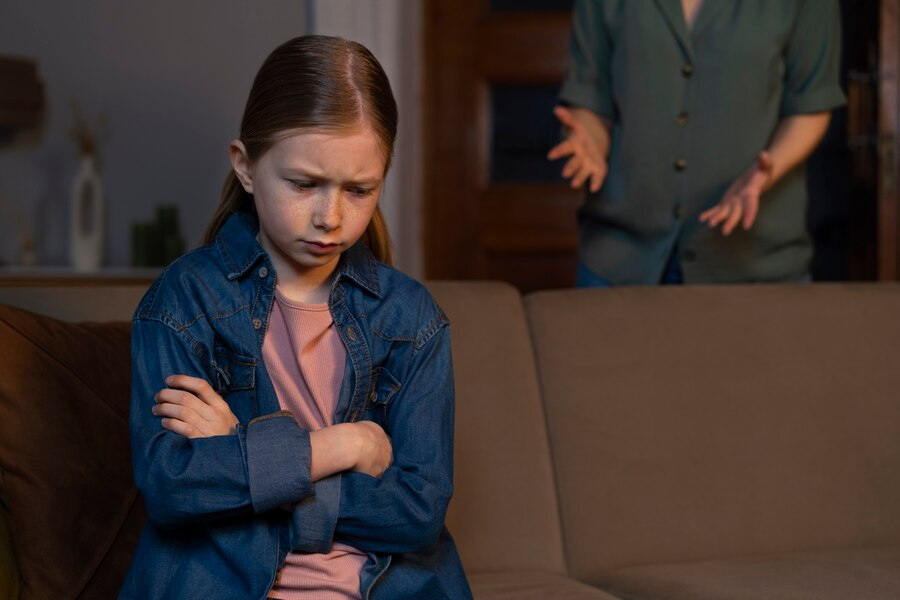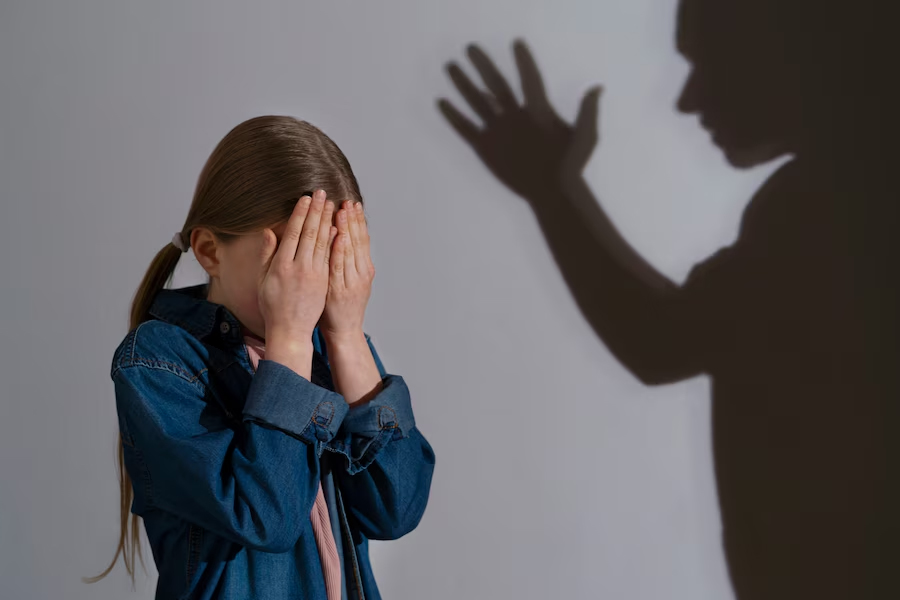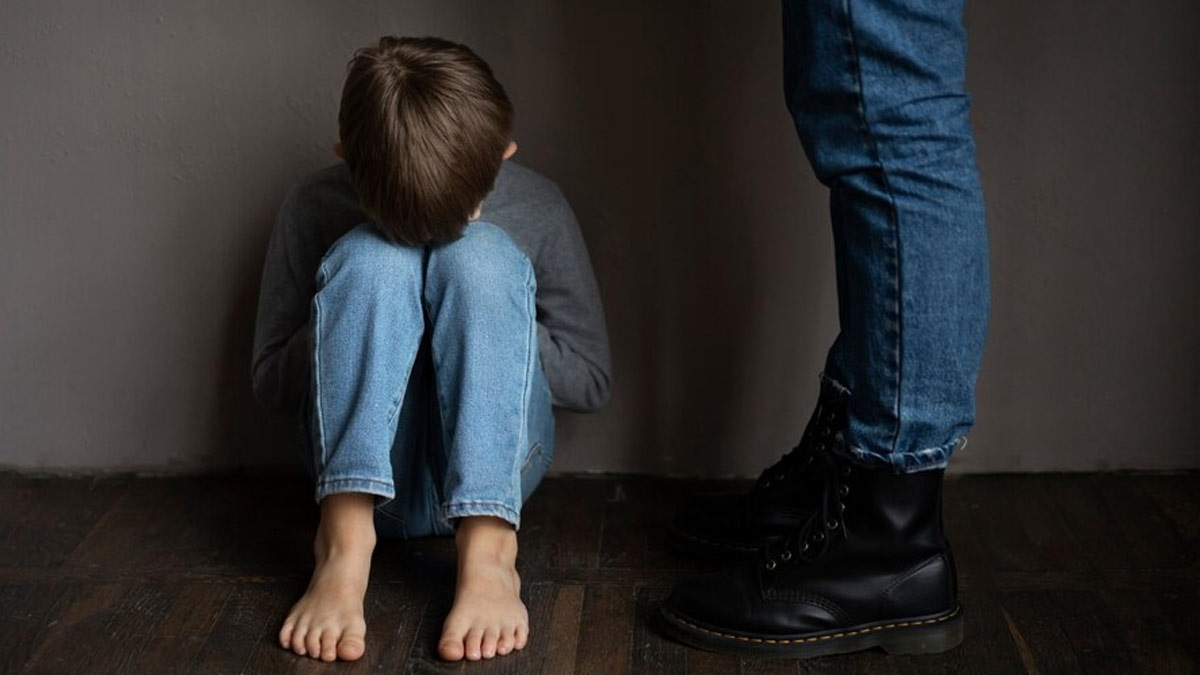Unlike adults, children often struggle to express their emotions, which can burden their mental health. This challenge is even greater for children who experience abuse or violence at the hands of a family member or a stranger, as the trauma they endure is difficult to communicate. These unresolved emotions can then lead to long-term mental health challenges, affecting them even into adulthood.
So, how can we, as parents, guardians, or a community, create safe spaces for children—not only to help them express their emotions but also to support their healing and recovery from emotional trauma? On this World Mental Health Day 2024, the OnlyMyHealth team interacted with Dr Nayreen Daruwalla, Programme Director at SNEHA NGO, who discussed the various forms of violence that children may be exposed to and shared strategies to support young victims.
Also Read: World Mental Health Day 2024: Expert Explains The Hidden Costs Of Ignoring Mental Health In The Workplace
Different Forms Of Violence On Children
According to the World Health Organization (WHO), violence against children includes all forms of violence against people under 18 years old.
For younger children and infants, it is often referred to as child maltreatment, which involves physical, sexual, and emotional abuse and neglect at the hands of parents and other authority figures.
Youth violence is another category of violence, which the WHO declares a global public health problem.
Dr Daruwalla shared that children facing violence fall under the broad category of child maltreatment. These include:
- Physical violence, which includes hitting, beating, or other forms of physical harm.
- Emotional violence in the form of verbal abuse, humiliation, and constant criticism.
- Sexual abuse is characterised by any form of inappropriate or exploitative sexual behaviour towards a child.
- Neglect is when a child’s basic needs, like food, shelter, and emotional support, are not met.
These forms of violence often occur due to several factors, such as:
- Domestic conflicts: Stress and frustrations at home may cause parents or caregivers to lash out at children.
- Lack of awareness: Many parents may not realise that their discipline methods can harm a child’s mental health.
- Societal pressures: In some cases, cultural norms around strict discipline may lead to the normalisation of violence.
How Violence Mentally Affects Children And How To Prevent It
In addition to death, disability, and physical injury, violence can have long-lasting effects on children, including impaired brain development, mental health problems, and increased risk of becoming victims or perpetrators of violence, according to the WHO.
Research shows that children who experience violence, whether at home, school, or elsewhere, are at increased risk of developing physical and mental health problems, including anxiety, depression, and substance abuse.
However, the good news is these negative outcomes are preventable. Some of the strategies include:
- Educating parents and caregivers on non-violent discipline techniques and the long-term effects of violence.
- Strengthening support systems, such as counselling services in schools and communities, where children can report abuse safely.
- Encourage open communication between parents and children so that children feel safe to share their concerns.
On Supporting Children Victims Of Violence
“Approaching children who are victims of violence requires sensitivity and patience,” Dr Daruwalla said. Therefore, the key is to ensure that the child feels comfortable and secure when discussing their experiences. Here’s how that supportive and safe space can be created:
- Listen without judgement: Allow them to express themselves freely, without interrupting or questioning the validity of their emotions.
- Seek professional help: Mental health professionals can help children process their trauma and develop coping mechanisms.
- Reassure them: Let the child know that the violence was not their fault and that they are not alone.
By fostering a supportive and empathetic environment, we can help children heal from their traumatic experiences and move forward, Dr Daruwallan concluded.
[Disclaimer: This article contains discussions on violence against children, which may be distressing for some readers. The content is intended to raise awareness and provide support for those affected. Reader discretion is advised. If you or someone you know is experiencing abuse, please seek help from a trusted professional or contact local support services.]
Also Read: World Mental Health Day 2024 Theme
